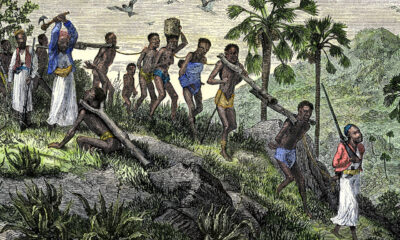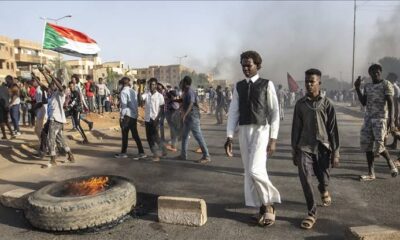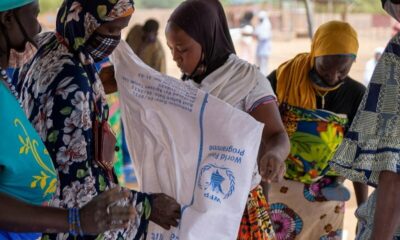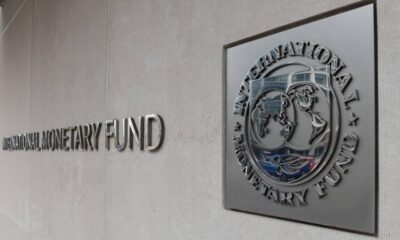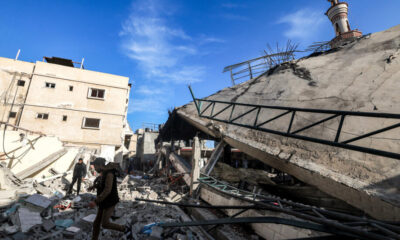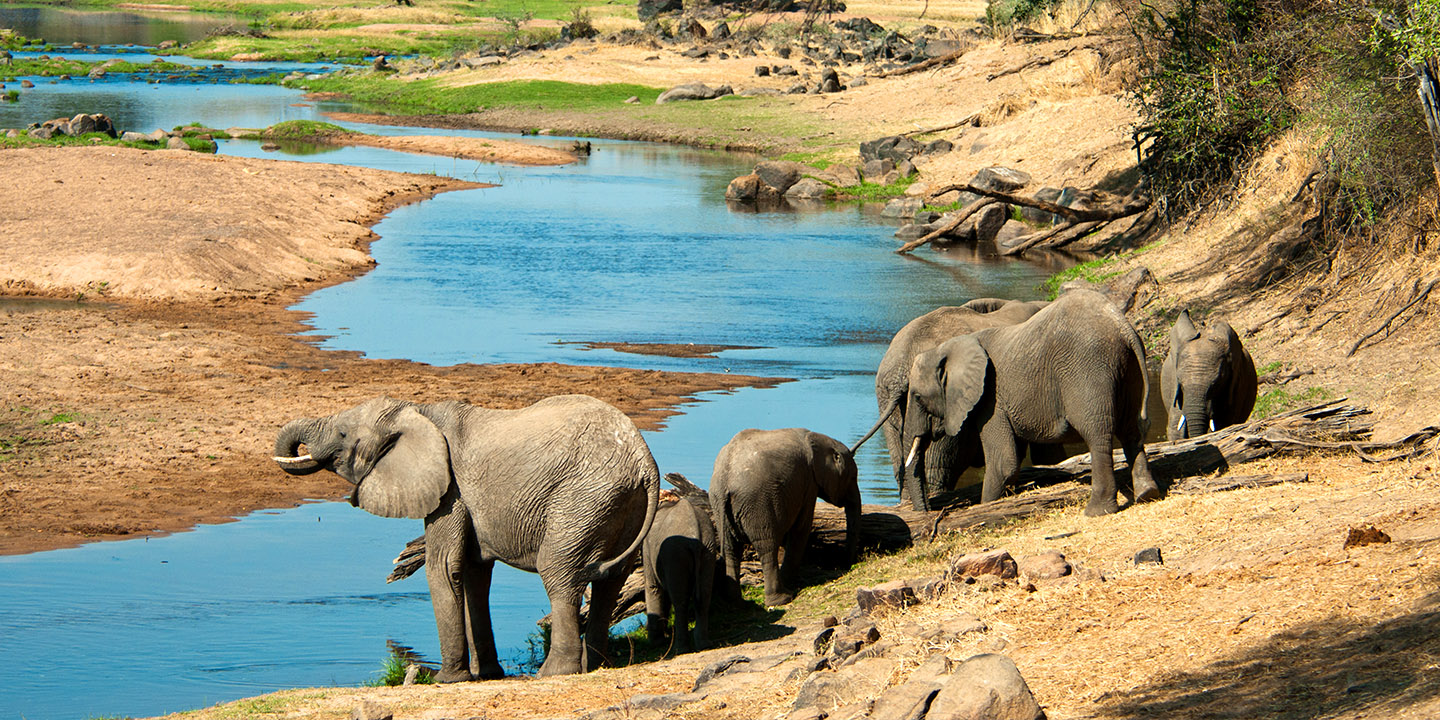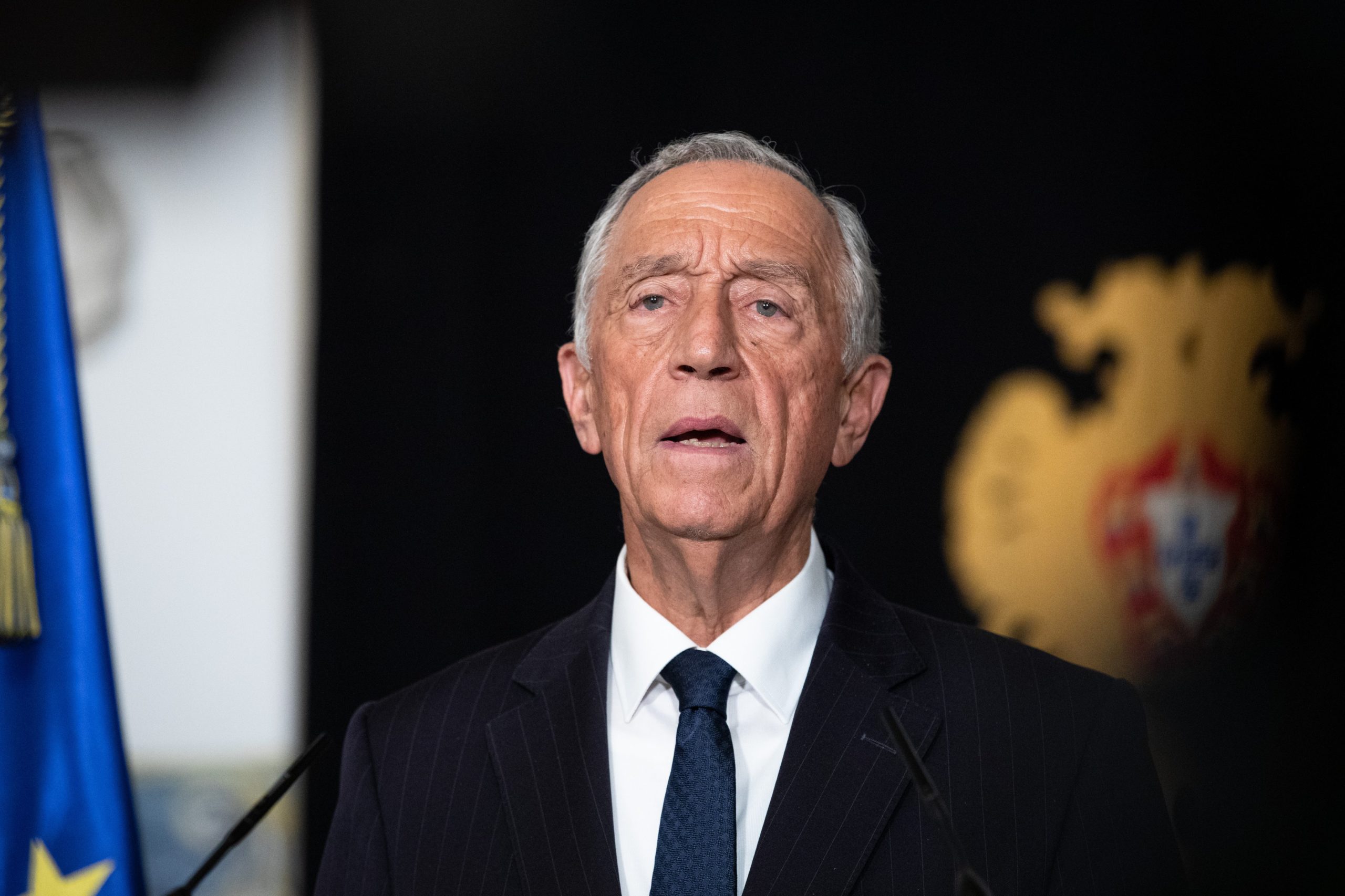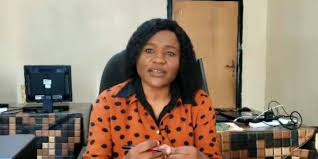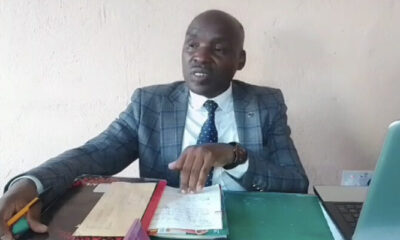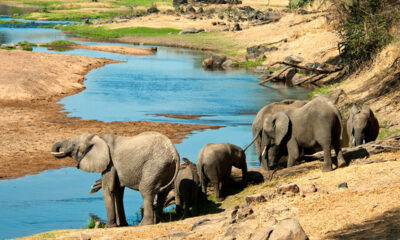The fifteenth session of the Conference of the Parties (COP15) of the United Nations Convention to Combat Desertification (UNCCD) has ended in Abidjan, Côte d’Ivoire.
The edition which was against desertification ended with 38 decisions adopted to invest in land restoration and drought mitigation.
The conference was attended by leaders from governments, the private sector, and civil society with a target of finding sustainable solutions for land restoration.
The COP is the supreme decision-making body of the UN Convention. All States that are Parties to the Convention are represented at the COP, at which they review the implementation of the Convention.
The Executive Secretary, Ibrahim Thiaw of the COP stressed the need for effective steps to prevent continued land degradation.
“Beyond the technical terms and discussions, all is really about life. It’s about our well-being. Knowing that 40% of the planet’s land surface is already damaged by human activity, I think, calls for action. So this COP is also a call to action on two major issues: land restoration and drought.” The Secretary remarked.
Climate activist, Jean Claude Brou, argued that the effect of land degradation is telling on agriculture performance of the world and Africa particularly.
“The farmers experience the reality of land degradation, they are the ones battling it on all fronts, the farmers know this reality. The farmers are the ones who know the reality of the situation in the forests. They’re organized in groups and could have been invited! Instead, administrators, committees, or agricultural organizations, attended, I do not agree with that.”
According to a policy brief (Pdf) published by the African Group of Negotiators Support, Land degradation is rampant in Africa, accounting for 46% of the total land area. At the current pace, it is projected to render more than half of the cultivated land in Africa unusable by 2050.
The 196 Parties that made the conference, pledged to boost drought resilience and invest in land restoration for prosperity in the future. 38 decisions were adopted with more robust monitoring and data to track progress against land restoration commitments.
It was also noted that new political and financial impetus to help nations deal with the devastating impacts of drought and build resilience.

 Musings From Abroad2 days ago
Musings From Abroad2 days ago
 Tech1 day ago
Tech1 day ago
 Culture1 day ago
Culture1 day ago
 Politics2 days ago
Politics2 days ago

